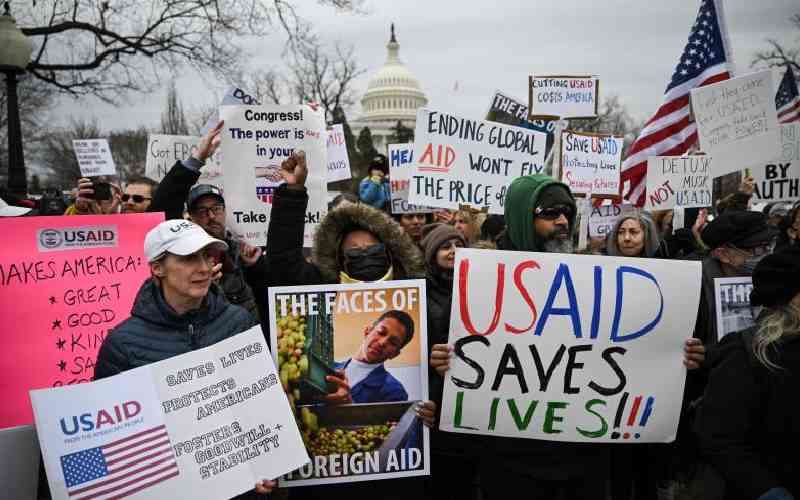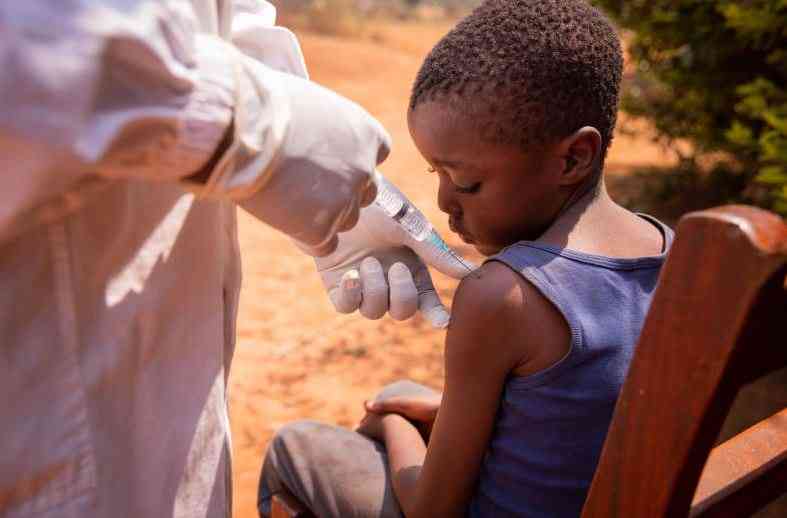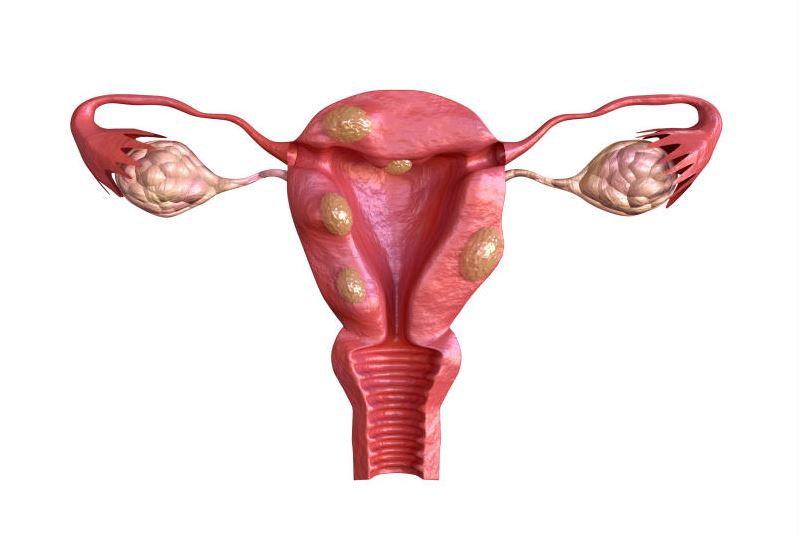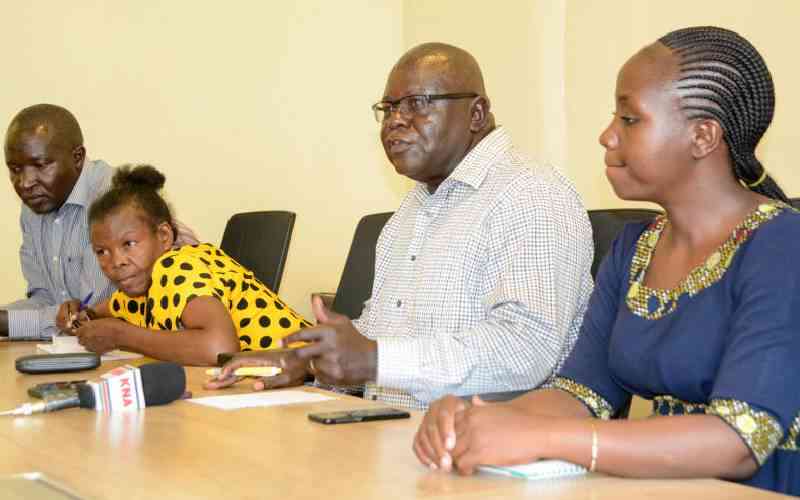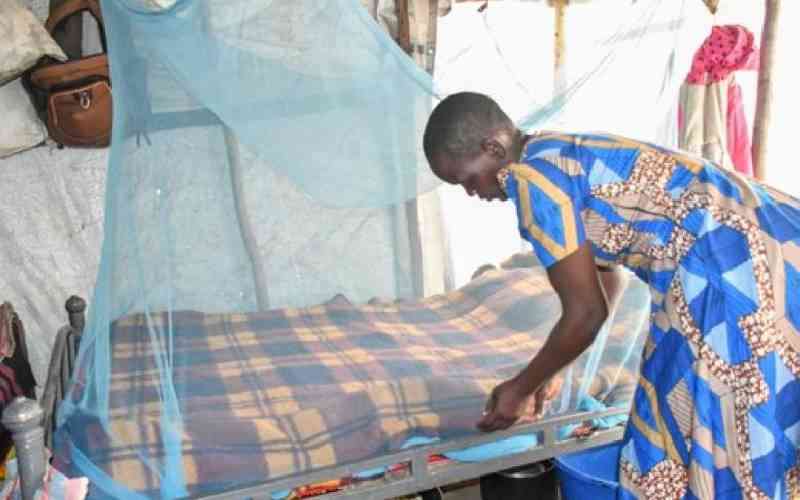
At least 7 out of 10 people in the counties of Busia, Kakamega, Kisumu, Migori, Siaya, and Vihiga suffer from malaria, according to a new national report.
Notably, Busia, Siaya, Kakamega, and Migori contributed half (53.2 percent) of all malaria cases in the country, underscoring the need for intensified interventions in these regions.
In 2023, Kenya reported approximately 5.5 million malaria cases, translating to an incidence rate of 104 cases per 1,000 population.
The report also identifies Turkana as a malaria-endemic county, noting that it has previously recorded malaria cases primarily during rainy season.
According to the National Malaria Programme report, Turkana’s malaria burden has shifted from a largely seasonal pattern to a stable, year-round endemic situation.
"Assessments by the National Malaria Control Programme, the County Government of Turkana, Moi University, and Duke University revealed that Turkana experiences a more than 65 per cent increase in malaria cases during the rainy season," the report states.
In 2024, the first phase of seasonal malaria chemoprevention targeted Turkana Central Sub-county, which had recorded 102,000 cases, with about 60 percent of these occurring between May and September.
- Kemsa distributes mosquito nets to curb malaria in three counties
- Anthropologist merges science and culture to combat East Coast Fever
- Urban mosquito sparks malaria surge in East Africa
- Malaria mortality returns to pre-Covid levels: WHO
Keep Reading
The rollout of seasonal malaria chemoprevention began in June 2024, supported by Catholic Relief Services (CRS).
The report comes at a time when Kenya’s malaria control efforts are under strain, following a freeze on donor support triggered by a "stop work" order signed by former U.S. President Donald Trump.
Malaria elimination efforts in Kenya are heavily supported by the U.S. Government through the President’s Malaria Initiative (PMI).
Public health and professional standards PS Mary Muthoni has noted Kenya's significant strides in the fight against malaria prevalence over the years.
According to the new report, 84 people out of 1000 are testing for the disease as opposed 112 in 2016
However, Muthoni warns this trajectory may change as the USAID funding cuts affect the health sector.
Elimination of malaria program in endemic counties is supported by the US Government through the President's Malaria Initiative (PMI).
"In as much as the malaria numbers have been fluctuating, unless there is more investment from the two levels of Government, then there is a risk of the prevalence going up again," said Muthoni.
As the world celebrates world malaria day, Kenya prides itself as having made milestones in combating the malaria pandemic as 21 counties remain on the path of eradicating it.
Muthoni now calls for concerted efforts that include more investment in health so as not to reverse the gains made this far.
 The Standard Group Plc is a multi-media organization with investments in media platforms spanning newspaper print
operations, television, radio broadcasting, digital and online services. The Standard Group is recognized as a
leading multi-media house in Kenya with a key influence in matters of national and international interest.
The Standard Group Plc is a multi-media organization with investments in media platforms spanning newspaper print
operations, television, radio broadcasting, digital and online services. The Standard Group is recognized as a
leading multi-media house in Kenya with a key influence in matters of national and international interest.




